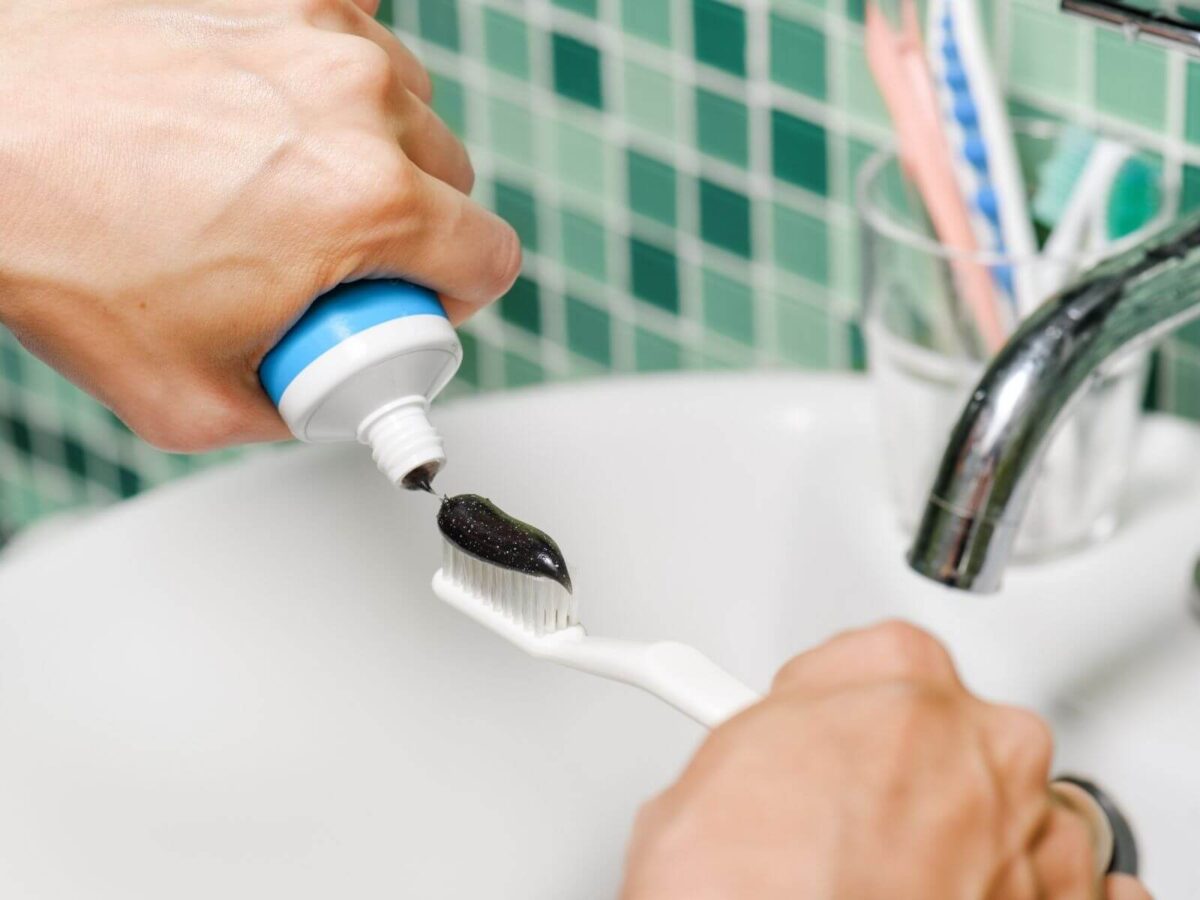Blog
Dental hygiene tips for healthy teeth & gums

How Do I Know Which Toothpaste Is Right For Me?
It has been one of the questions that has been appearing quite frequently in the minds of many of our customers, and now it is in your mind as well. Which toothpaste should I choose? Well, let us help you out here. When you shop at a local store, do you ever stand facing an aisle in front of you with numerous toothpaste options? If so, don’t worry. It is a very common thing. Selecting the right toothpaste is a task. Don’t stress. We are here to guide you in cleaning your teeth with the most suitable paste that suits your oral hygiene type.
Important Tips While Selecting Toothpaste
1. Dental Concerns
The major types of toothpaste include those special for specific dental problems. Your first step in selecting an appropriate plan should be based on necessities. However, be mindful that some toothpaste variants also cause sensitivity, so go for the toothpaste with good sensitivity qualities if you are sensitive.
2. Fluoride Content
One of the most important components of toothpaste is fluoride, which combats cavities. It rebuilds the tooth’s surface, making it harder for acids from plaques, bacteria, and sugars to penetrate. Fluoride is usually good for teeth; however, some people may have special needs.
Use fluoridated community water or fluoride supplements, or use a low fluoride-containing paste. On the other hand, one in the non-fluoridated community may need to have one with a higher fluoride content. You should discuss with your dentist what fluoride content is best for your dental health.
3. Ingredients and Additives
An important consideration when choosing toothpaste is always the ingredients used. Choose a toothpaste with active ingredients that show actual results. For example, toothpaste that contains fluoride can prevent cavities. If you have special allergies, do not use toothpaste with high amounts of artificial sweetening agents, colorants, and preservatives.
There are toothpaste options with fewer chemicals for those who prefer to minimize synthetic additives. Ingredients like baking soda, with its mild abrasiveness and subtle flavor, and essential oils, which enhance flavor, are commonly used in these formulations. When selecting toothpaste, it’s essential to consider your personal sensitivities and preferences to avoid adverse reactions and ensure suitability.
4. Brand Image & Standard Certification
The effectiveness of toothpaste is vital, but the reputation of the brand behind it plays a significant role, too. Established companies invest heavily in research and development, leading to scientifically proven toothpaste options. Opt for brands with a strong commitment to oral health. Additionally, certifications from reputable dental associations or regulatory authorities signal that the toothpaste has undergone rigorous testing and meets established safety and efficacy standards.
5. Personal Preferences
Personal preference is quite an important factor in choosing toothpaste. Taste, texture, and feel significantly influence the user experience. Some prefer minty toothpaste, while others lean toward fruity flavors. Similarly, individuals may have preferences for gel-based toothpaste over traditional pastes. Selecting a toothpaste that aligns with your preferences ensures an enjoyable brushing experience and encourages consistent use, an essential part of maintaining good oral hygiene.
What to Look for in a Toothpaste
To determine the most suitable toothpaste, there is more on which we need to focus, including fluoride content, BPA abrasiveness, and flavor. Let’s see some more:
1. ADA Seal of Acceptance
When choosing a toothpaste, you should look for the American Dental Association Seal of Acceptance. This seal indicates that the product meets rigorous standards for safety and effectiveness. To qualify for the seal, toothpaste must meet specific criteria:
- Fluoride Content: The toothpaste must include fluoride, a key ingredient for preventing cavities.
- No Harmful Flavoring Agents: It cannot contain sugar or other agents that may harm dental health.
- Effective Abrasive Agents: It must include ingredients capable of removing stains and plaque without damaging the enamel.
2. Fluoride
Fluoride is a crucial ingredient in toothpaste and is highly recommended for oral health. Known for its cavity-preventing properties, fluoride strengthens tooth enamel, reducing the risk of decay. If you have specific dental concerns, such as gum disease or weakened enamel, consult your dentist for fluoride toothpaste tailored to your needs.
3. Mild Abrasiveness
Toothpaste should have an appropriate level of abrasiveness to clean teeth effectively without harming enamel. Whitening toothpaste often has higher abrasiveness, while sensitive toothpaste is gentler. The Relative Dentin Abrasivity (RDA) scale helps guide this choice. Aim for toothpaste with an RDA between 70 and 150 to balance cleaning and enamel protection. Avoid overly abrasive options, such as charcoal-based toothpaste, which may erode enamel over time.
4. Flavoring
Toothpaste flavors have diversified significantly, with traditional mint remaining a favorite. Other options include fruity flavors like strawberry and watermelon, as well as unconventional choices such as chocolate, cinnamon, and coffee. While flavor preference is personal, ensure the toothpaste does not contain sugar or other harmful additives. A flavor you enjoy can encourage consistent brushing, promoting better oral hygiene.
Considering these factors, you can select a toothpaste that aligns with your dental needs and preferences, ensuring optimal oral health.
How Do I Choose the Right Toothpaste?
Choosing the right toothpaste begins with identifying your unique dental needs. Toothpaste is not a one-size-fits-all solution. Every individual’s requirements vary based on age, dental conditions, and personal preferences. For example, adults, children, and individuals with specific concerns like sensitive teeth or gum disease will need different formulations. Selecting a toothpaste that aligns with your oral care priorities is essential.
When shopping for a toothpaste, first ask yourself a few questions:
- Do I have sensitive teeth and/or gums?
- Do I want to whiten my teeth?
- Has my dentist diagnosed gum disease?
- Do my teeth need tartar?
- Have I come across any of the signs of dry mouth?
- Is natural toothpaste important to me?
It will make the decision easier once you have figured out what you need in a toothpaste. If you can’t confidently define one or several of the questions above, just let us know about it the next time you come to Benbrook Dentist, TX, and we will gladly recommend an ideal product to you.
Wrapping It Up
Certain factors can be associated with the specific dental product you may use, such as toothpaste. For instance, if you wear dentures, have sensitive teeth, have gum diseases, or the like, this may define what form of toothpaste to buy. Your dentist understands your mouth better than anyone and should be asked about the best options for choosing a great toothpaste.
Selecting a new toothpaste to use should not be a big deal. With these in mind, you will be in a better position to choose the right type of toothpaste for you wherever you stand in the aisle.


